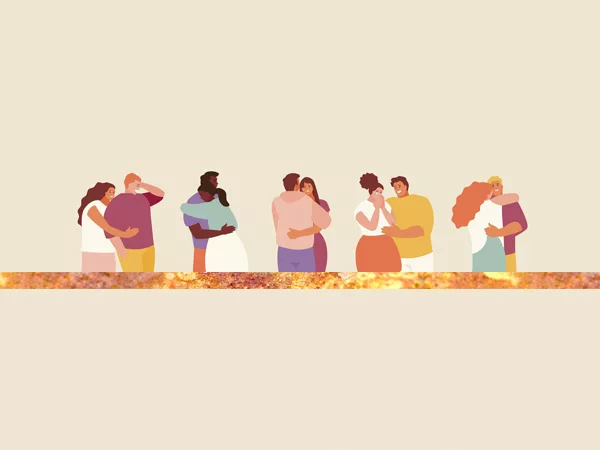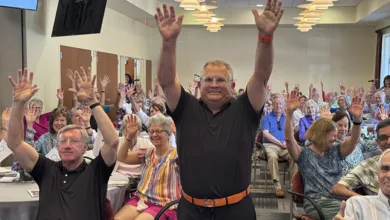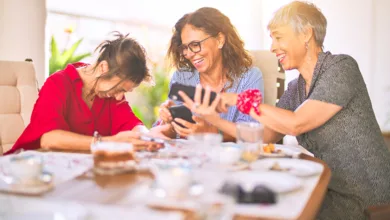Empathy Is Hardwired, But Few Maximize It

Develop empathy to its full potential.
Empathy is the ability to put yourself in another’s shoes. It’s more than feeling sorry for someone or sympathizing with them to make them feel better.
Empathy allows you to actually experience or relive the feelings of another. Instead of focusing on your own feelings about the other person’s situation, you focus on that person’s emotions. Empathy shows the other person you’re really listening. Furthermore, it increases your ability and likelihood to help the person with whom you empathize.
According to neuroscientists, most of us are born with the brain wiring necessary to empathize. Psychopaths make up about 1% of the population and are the exception, according to a 2013 study by neuroscientists at the University of Chicago and the University of New Mexico. Still, among the 99% of us who are born with this capacity, most don’t fully develop or use it to its potential.
Benefits of Empathy
Empathy is beneficial in several ways, according to Dr. Katherine Pears. in her article Why Empathy Benefits Everyone, she unpacks how empathy gives us the ability to act kindly toward others, forgive family and friends, and bond with others over their ups and downs. Without the ability to empathize, it would be difficult, if not impossible, to form and maintain friendships. Without it, we’d have difficulty getting along with others at school or work and in society.
Satya Nadella, the CEO of Microsoft, revealed another vital benefit of empathy in an interview with CBS Good Morning. Without it, she said, “there is no way we could innovate.”
This makes a lot of sense. Although some people would still have the desire to innovate for personal gain, innovation would be far more limited. People would lack the motivation to innovate to help others unless it offered a reward for themselves. The field of medicine is a perfect example: Much of the many strides made over the past centuries has resulted from human empathy.
How to Improve Empathy
Experts believe empathy can be shaped. Kids and adults can both learn to empathize better. Practice the following to foster your ability to empathize.
Active listening. This is a crucial component of empathy. Practice really listening to each other and trying to understand the other’s perspective. Active listening includes paying close attention to body language and facial expressions, so you can better understand the other person. It also requires refraining from interrupting.
Give back. Think about the experiences, feelings, and needs of those who are less fortunate. Consider various forms of adversity, such as kids with a terminal illness, the homeless, poor families, and those in nursing homes. Then make a plan to help out in some way.
Commonalities. Despite the ability to empathize, studies have found people are often less empathetic toward those of other races or who are stereotyped in some way. Consider all the things you have in common with those who are different to improve your ability to empathize with them.
Lose yourself in fiction. Fiction is a great way to experience and understand others, even though the characters are fictitious. This will improve your ability to empathize in real-life situations.
Practice reading faces. People often don’t share what they’re feeling or experiencing. Yet, it’s often written all over their faces. Pay attention to people’s expressions and try to understand what they’re feeling.
Look for opportunities to care. Every day there are people all around us in need. So, practice empathy regularly. If you know someone who’s ill, put yourself in their shoes. Then offer to help by bringing them a prepared meal or running to the store to some things they need.
Share in excitement and joy. Empathy isn’t only about understanding people’s downs. It’s also the ability to share in their happiness. Regardless of how busy you are, when someone is excited about something, take a moment to really share in their enthusiasm.






